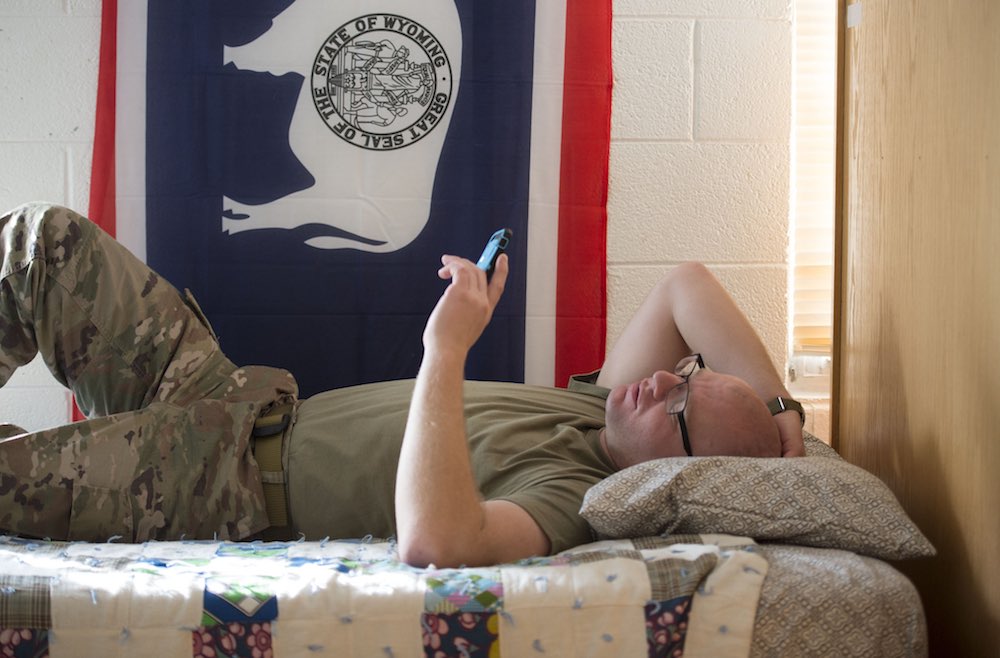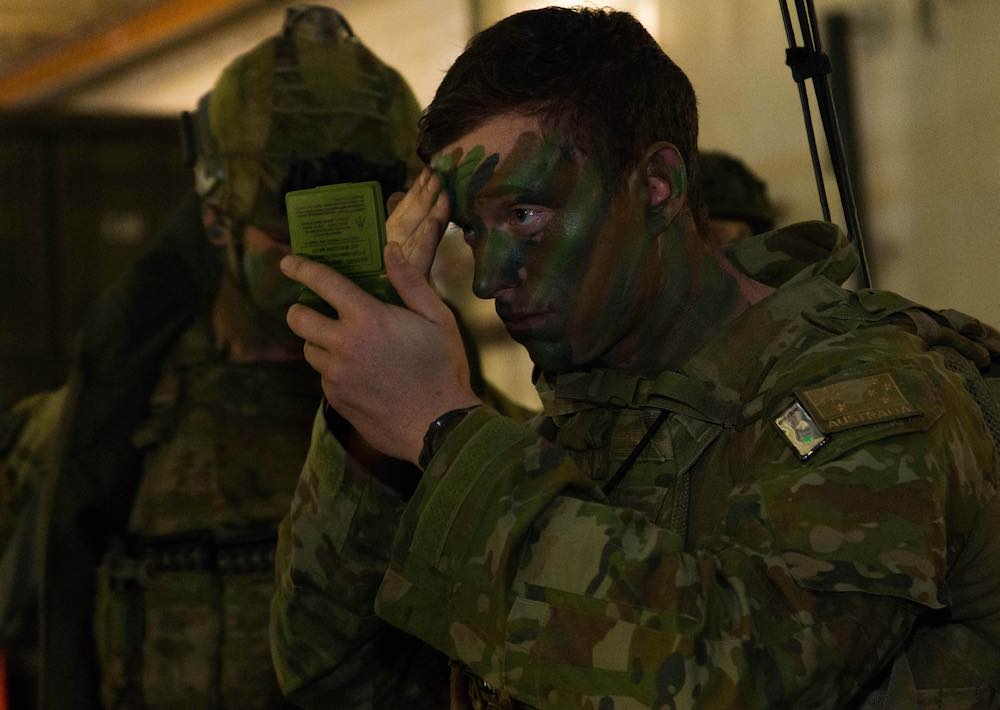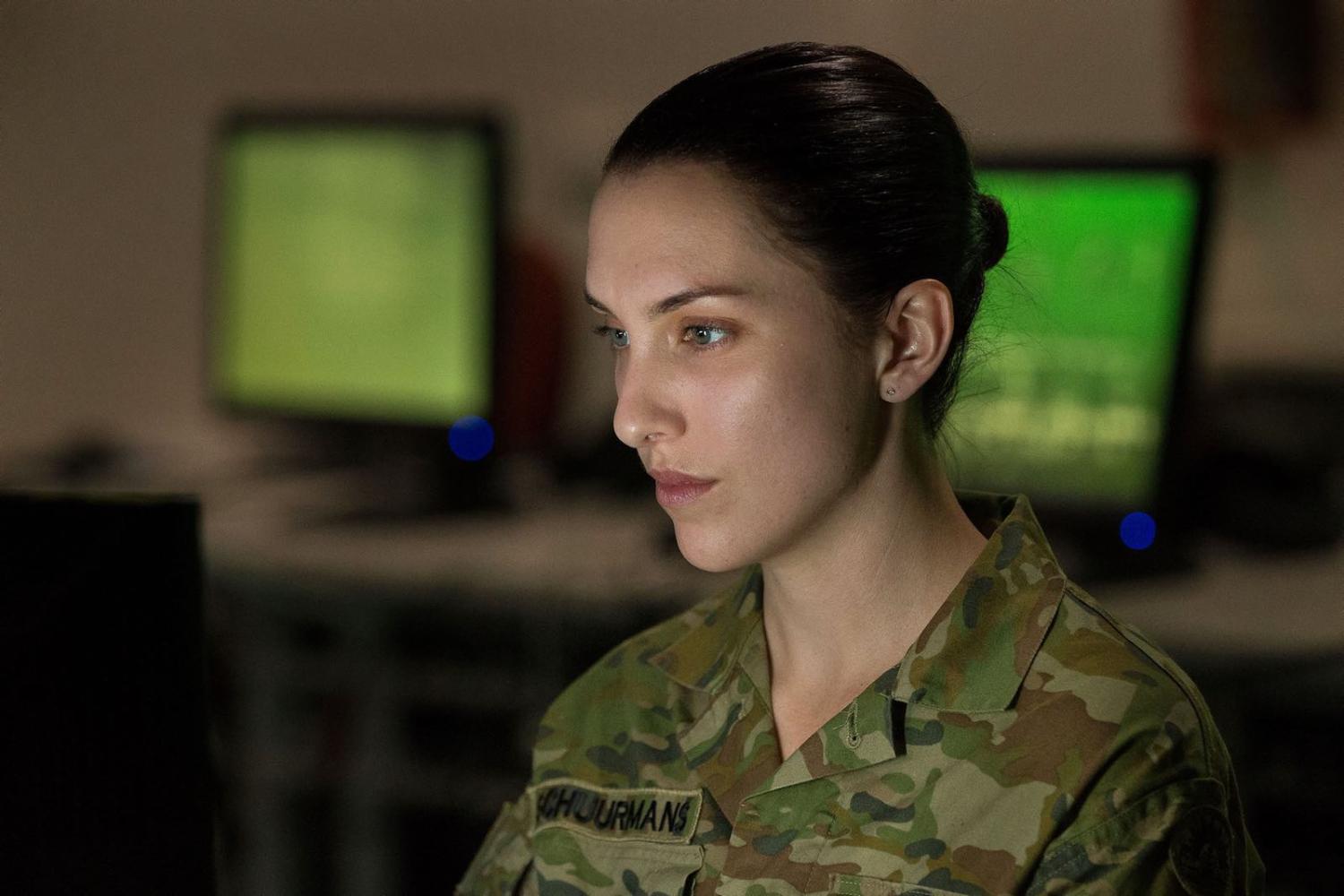In recent weeks, several world leaders, including US President Donald Trump and Australian Prime Minister Scott Morrison, have invoked combat-related terms to summarise efforts to contain and contest the novel coronavirus and its effects. As each day we track the progress of casualties, emergency actions, and strained supply lines, this analogy seems increasingly apt.
But what does a declaration of “war” on Covid-19 mean for our collective response and responsibilities as nations and citizens?
Continue the combat analogy – let’s define the mission we need to execute in order to win.
To answer this question, let’s consult the formal planning processes developed by allies such as the United States, Australia, and the United Kingdom. Typically employed by generals and admirals confronting a traditional security threat, these doctrines (which are unclassified and readily accessible online) are hundreds of pages long and laden with military jargon. But perhaps even an abridged version could help us continue the combat analogy and define the mission we need to execute in order to win.
In the initial stages, planners formulate a Desired End State, which is what it will look like if we’ve successfully achieved our objectives. A few hours at the white board may result in something like, “The novel coronavirus and its effects are neutralised with minimal loss of life, health, and prosperity.” Purposely broad, the Desired End State is a north star meant to guide us through the rest of the process.
Next comes Mission Analysis, where we study the enemy’s capabilities and vulnerabilities, our own (“friendly”) capabilities and vulnerabilities, and then define the primary source of power for each side, called their Centres of Gravity. A team of military planners, armed with maps and intelligence reports, deliberates for days over the fundamental questions, “What gives them the strength to win?” and “What gives us the ability to counter them?”

We assume in our scenario that the novel coronavirus, as our enemy, is intent to inflict maximum harm against us, so let’s break down three Threat Vectors that it uses to do so. First, it transmits through a particular biological mechanism to inflict physical harm. Second, it damages our economy by reducing prosperity and increasing inequality. And third, it broadens its destructive reach by inflicting mental anguish through uncertainty, isolation, and fear.
We could, therefore, describe the Enemy Centre of Gravity (ECOG) as the ability to cause physical, economic, and mental damage. And our Friendly Centre of Gravity (FCOG) the ability to contain and combat those harms.
With our ECOG and FCOG now defined, we look ahead to assess the Decisive Point – the moment or condition that we envision can mark the turning point in which we gain the advantage over the enemy. Perhaps something like:
During the moment of peak infection, we will have sufficient resources to contain and combat the novel coronavirus itself and begin a return to normal levels of physical, mental, and economic stability.
Our intelligence officer is now briefing us that this Decisive Point is approaching. How prepared are we, and what can we do to reduce our exposure to each of the enemy’s threats?
First, physical harm, already the subject of our daily briefings in the press and online that tell us to restrict movement, practice hygiene, and fortify health care infrastructure. Check.
Second, economic damage has been the other core focus as governments and businesses around the world deploy their artillery of stimulus and other responsive policies. Check.
But, what about the enemy’s third vector of destruction: mental anguish? Although not altogether ignored, this may be where a lack of centralised defense leaves us most exposed.

As military planners, we recognise the many grave threats to our nation and its citizens driven by even the spectre of this pandemic: loneliness from isolation, exacerbated anxiety, psychological effects of un- or underemployment, concern for loved ones, strain on relationships, general feeling of being overwhelmed by the enormity of the adversary, to name only a few. And anytime these factors cause anyone to harm themselves or others, the devastation from the virus has expanded further.
So, along with continuing to toughen our fight against the enemy’s physical harm and economic damage, here’s our mission: do whatever we can with our available resources (time, mental energy, empathy) and “weapons” (text, phone, video chat, email) to check in with others. Be it to actively listen, or schedule another Zoom happy hour. Perhaps read to a child on Caribu, or research best practices disseminated by organisations such as Lifeline. Put in a call to a friend or family member you haven’t spoken to in a while, or even just offer a smile, greeting, or wave to someone across the street.
We have been regularly informed that our actions can prevent the spread of Covid-19’s physical harm such that even preventing one or two physical interactions could significantly disrupt the enemy’s advance. Now our military planning tells us that even one or two socially (distanced, of course) supportive interactions could create a powerful positive momentum toward victory as well. Putting our jargon to work: Since the ECOG will strengthen as we move closer to the Decisive Point – we must congruently bolster our FCOG by increasing the frequency and effectiveness of our support for one another’s mental welfare, as we work toward our Desired Endstate.
So if we’re indeed at “war”, put on your battledress, think about how you can help yourself and others to resist (all of) the ways the “enemy” is advancing, and let’s move out.


